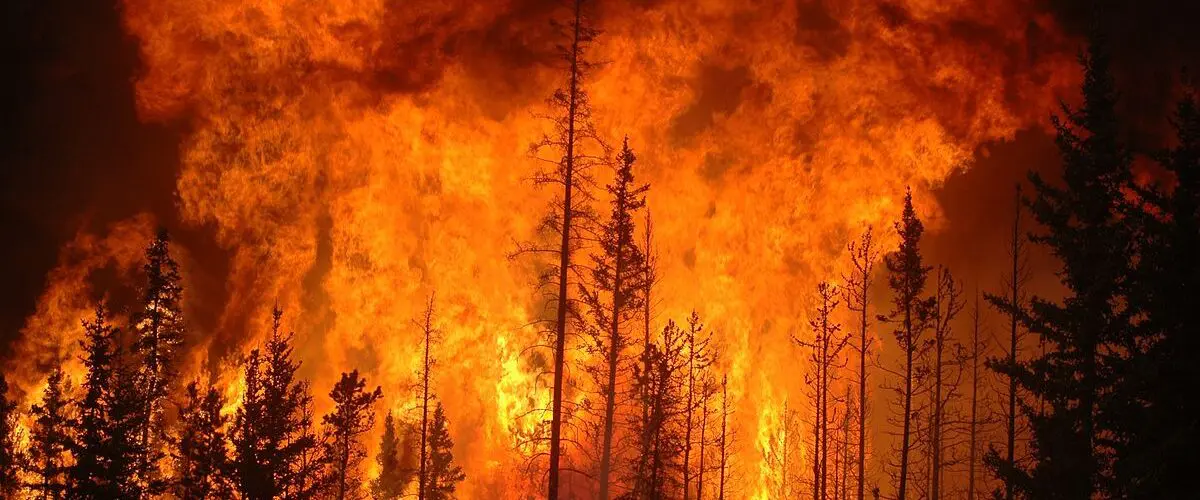The Canadian Wildfires Ominously Messed Up a Clean Energy Power Line
The Quebec forest fires that have recently contributed to some of the worst smoke days in American history are also wreaking minor havoc on the electric grid.
Observers of electricity markets were puzzled Wednesday evening when grid operator ISO-New England announced that “due to an unanticipated transmission outage and higher-than-forecast consumer demand,” the New England grid would be calling on reserves “to balance the regional power system.” Demand that day did not seem particularly or unexpectedly high, nor were there any obvious supply issues in New England, so why was ISO-NE having trouble? More illumination came Thursday, when it specified there was a transmission issue with its imported power.
On the other hand, as Joe LaRusso of the Acadia Center, a New England clean energy group, pointed out to me, transmission is also what saved the day when Quebec’s imports were shut off, as imports from New York picked up the slack.
“It serves as a demonstration not that transmission is a weak link, but that it’s the principle means of enabling balancing authorities like ISO-NE and NYISO to rely on one another to make up for variations in capacity.” That’s as true of “unplanned generator and transmission outages” as was the case in Quebec, as it is for more predictable fluctuations in solar and wind power.
To read the full article from Heatmap, click here.




















Follow us